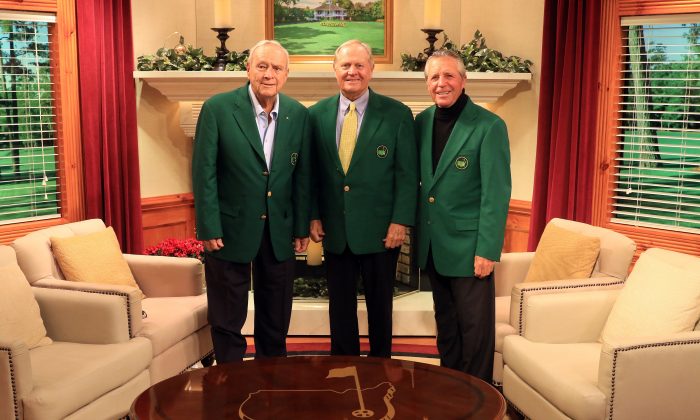Managing IP (MIP) hosted its annual Americas awards dinner in New York City on April 7, 2022. Kelly IP received the award for the top trademark contentious law firm in the Northeast United States, which recognized specific contentious work handled by Kelly IP.
This award is in addition to MIP’s IP Stars recognizing Kelly IP a few weeks earlier in its 2022 rankings of U.S. law firms as a Tier 1 firm nationally for both trademark litigation (1 of only 6 firms) and trademark prosecution (1 of only 4 firms). This was Kelly IP’s sixth consecutive Tier 1 national rating for trademark litigation and fifth for trademark prosecution. Kelly IP was one of only three firms to receive the Tier 1 national ranking for both trademark litigation and prosecution.

































